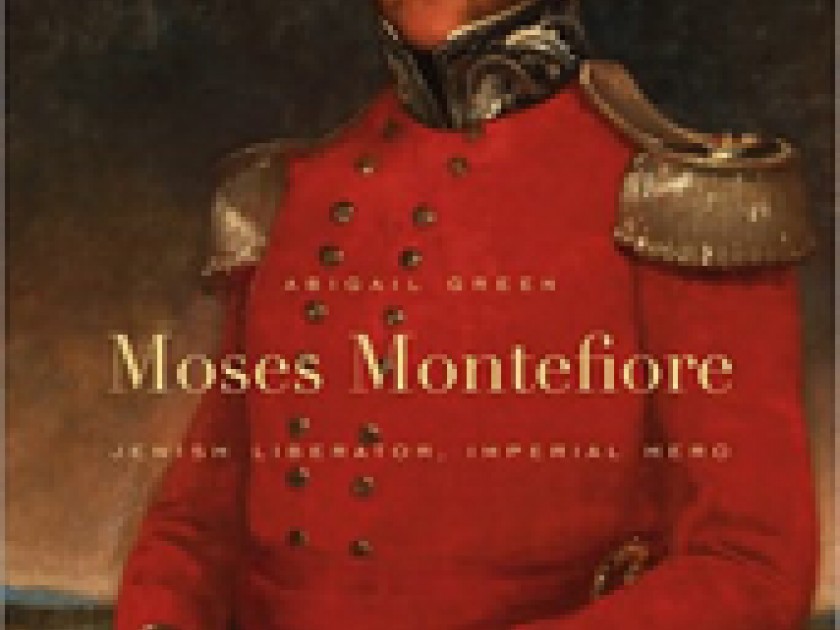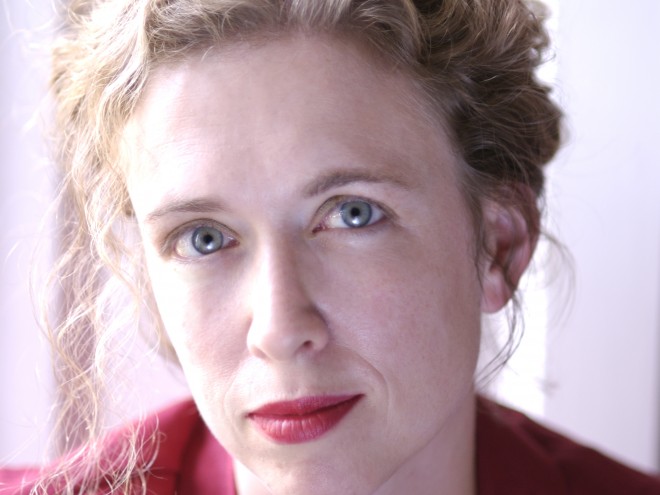
Earlier this week, Sami Rohr Prize Choice Award Winner Dr. Abigail Green wrote about the making of a good biography. She will be blogging here all week for Jewish Book Council and MyJewishLearning.
For the past ten years I’ve been travelling the world in Moses Montefiore’s footsteps. This was a man who spent much of his (long) life on the road: besides the usual round of European tourist destinations (Paris, Florence, Rome, Frankfurt and Berlin), he visited Jerusalem seven times in total and passed through innumerable Jewish communities as he embarked on politically motivated missions to places like St. Petersburg, Istanbul, Marrakesh and Bucharest.
But what does it mean to travel in the footsteps of a man who’s been dead for over 120 years, and why bother? After all, it’s impossible to recreate the nineteenth century travel experience in our world of cars, planes and high-speed trains. (I once met a Reform Rabbi who followed the Montefiores’ route during their first trip abroad; apparently it was very scenic, involving only minor roads.) More to the point, most of the places Montefiore visited have changed beyond all recognition. It’s not just that Bucharest is full of shabby, Ceausescu high-rise flats, or that a whole quarter of Marrakesh is devoted to glitzy hotels. The real problem is more fundamental. The shifting currents of world history mean that places that were once heartlands of the diaspora are now barely Jewish places at all.
And yet, it was worth the trouble. I found no echo of Montefiore’s visit when I travelled through Poland and Lithuania, but the scale of Jewish absence helped me to understand the ways in which twentieth century developments had erased his achievements. Sitting through Shabbat services in Rome’s empty Great Synagogue and the even emptier Choral Temple in Bucharest, I could not fail to notice the ways in which synagogue architecture paid tribute to the aesthetic values of the non-Jewish world. Nothing could have prepared me for the florid extravagance of the former or the delicate, Byzantine beauty of the latter – surely the most beautiful synagogue in which I have ever been privileged to sit. Only retracing the boundaries of Rome’s ancient Ghetto could have shown me how pitifully small it was. Only by visiting the tiny Moroccan sea-port of Essaouira could I appreciate the rocky isolation of this wealthy entrepot that was once home to so many of Moroccan Jewry’s financial and commercial elite.
If anything, then, I regret the places I left unvisited. Damascus and Alexandria are only names to me. But if I close my eyes I can see the golden sands of the beach that is the old Jewish cemetery of Essaouira; I can see the crumbling stone fantasies of the Jewish cemetery in Warsaw; and I can see streets of the old Jewish quarter in Vilna, empty now but in Montefiore’s day teeming with vibrant, impoverished, contentious Jewish life.
Dr. Abigail Green is Lecturer (CUF) in Modern History at Brasenose College, Oxford University. She is the 2011 Choice Award winner for the Sami Rohr Prize. Her new book, Moses Montefiore: Jewish Liberator, Imperial Hero, is now available.
Dr. Abigail Green is the author of Moses Montefiore: Jewish Liberator, Imperial Hero.


